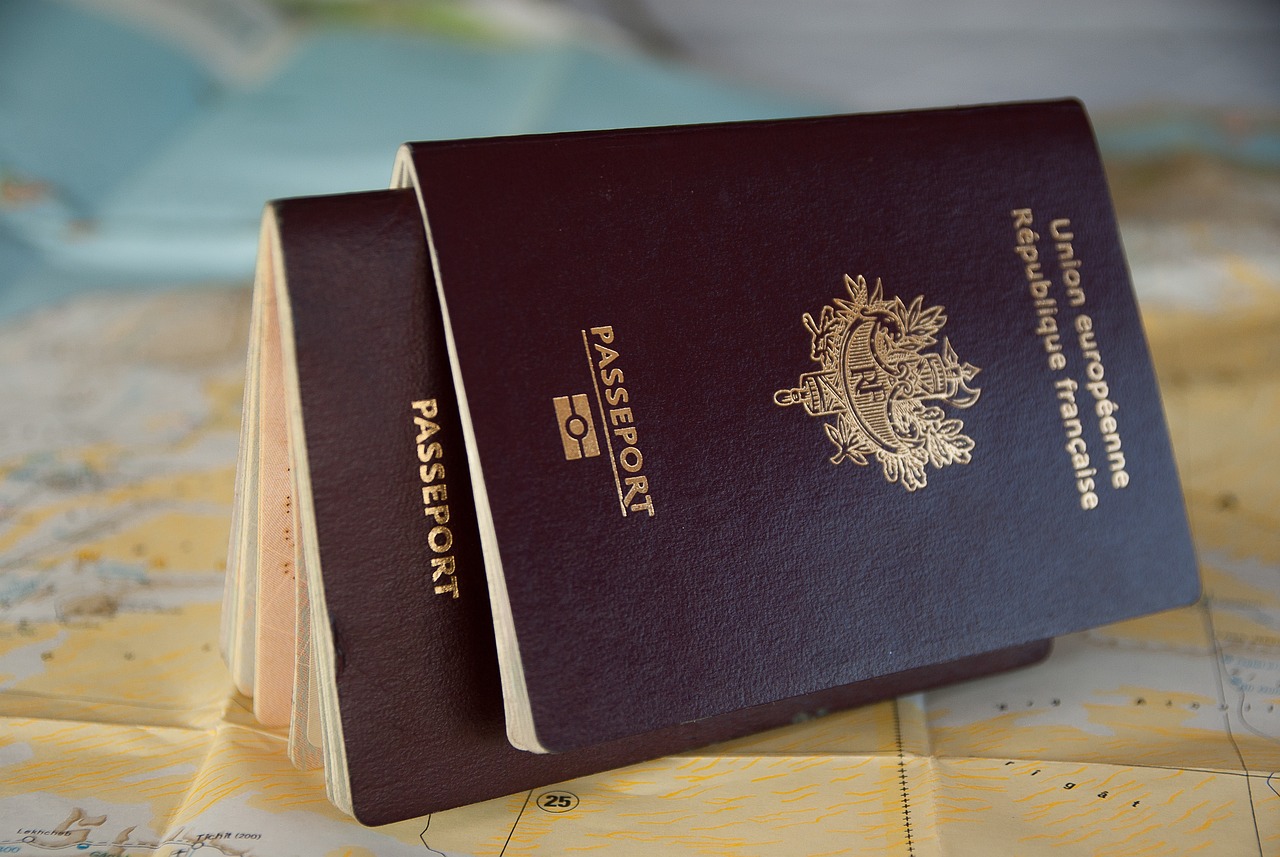 In this post, we share with you some great news for Somalian nationals under Temporary Protected Status (TPS) in the United States.
In this post, we share with you some great news for Somalian nationals under Temporary Protected Status (TPS) in the United States.
The Biden administration has made the decision to extend Temporary Protected Status for Somalian nationals currently receiving protections under the program for 18 months from September 18, 2024 through March 17, 2026.
A notice has been published in the Federal Register with information about how to register for TPS under Somalia’s designation.
The main benefit of applying for TPS protections is that those who are approved can remain in the country on a lawful basis, will receive protection against deportation (deferred status), and are eligible to apply for employment authorization and travel permission by filing, Form I-765 Application for Employment Authorization, and Form I-131 Application for Travel Document, with the United States Citizenship and Immigration Services (USCIS).
Current TPS beneficiaries who wish to extend their status through March 17, 2026, must re-register during the 60-day re-registration period from July 22, 2024, through September 20, 2024, to ensure they keep their TPS and employment authorization.
Extension of Somalia’s Designation for TPS
On July 19, 2024, the Secretary of Homeland Security, Alejandro Mayorkas, announced an 18-month extension and re-designation of Temporary Protected Status (TPS) for the country of Somalia. This extension and re-designation will be in effect from September 18, 2024, through March 17, 2026 (an 18-month period).
Secretary Mayorkas made this decision after consulting with government officials and taking into consideration the ongoing armed conflict in Somalia, along with natural disasters, disease outbreaks, and worsening humanitarian crisis. Somalia continues to be impacted by terrorism, violent crime, civil unrest, and fighting amongst clan militias making it necessary to extend the designation of Somalia for TPS.
The extension of TPS for Somalia will allow approximately 600 current beneficiaries to retain TPS through March 17, 2026, if they re-register and continue to meet TPS eligibility requirements.
The redesignation of Somalia for TPS also allows an estimated 4,300 additional Somali nationals to file initial applications for TPS, if they are otherwise eligible. Such individuals must have established residence in the United States on or before July 12, 2024, and have maintained continuous residence since then.
 Visa Lawyer Blog
Visa Lawyer Blog










